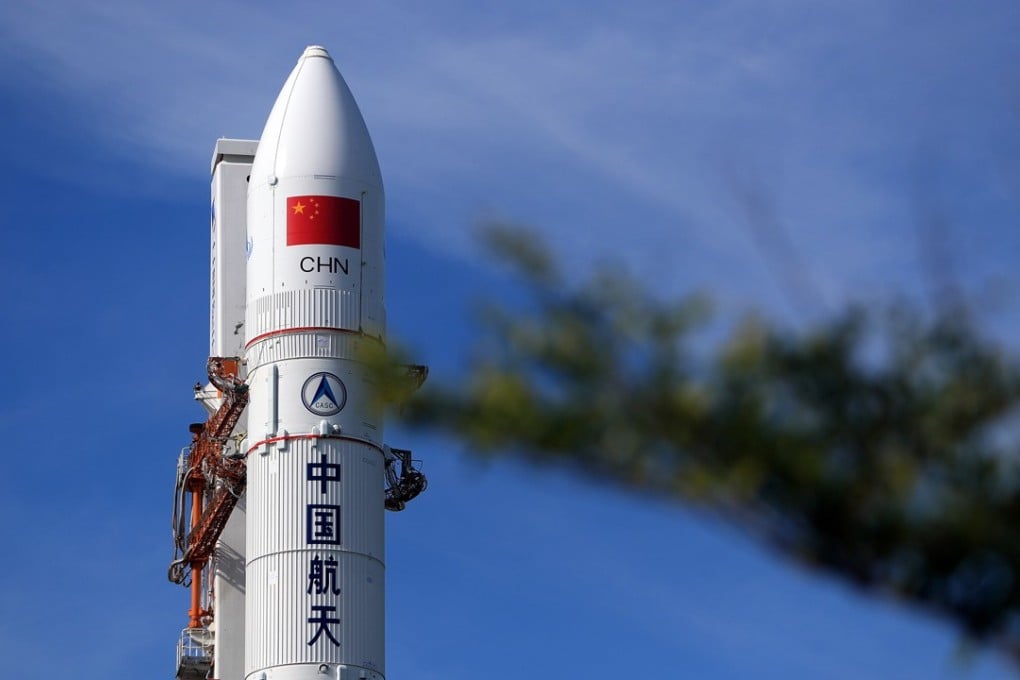Why the next great war is likely to be fought in space
Daniel Wagner says tech advances are helping countries like China to develop space capabilities that can be turned into a military advantage, hastening a likely race to ‘weaponise’ space

Any satellite that can change orbit can be considered a space weapon, but since many of the possible cyber scenarios in space have yet to occur, cybersecurity experts, military commanders and policymakers do not fully understand the range of potential consequences that could result.
During the cold war, the Soviets were interested in paralysing America’s strategic forces, strategic command and control, and communications. They would do so by first using an electromagnetic pulse to sever communication and operational capabilities, and then launching a mass attack across the North Pole to blow up US intercontinental ballistic missiles.
In 1967, the US, UK and Soviet Union signed the Outer Space Treaty, which has been signed by 105 countries (including China). It set in place laws regarding the use of outer space and banned any nation from stationing nuclear warheads, chemical or biological weapons in space. However, the treaty does not prohibit the placement of conventional weapons in orbit, so weapons such as kinetic bombardment (i.e. attacking Earth with a projectile) are not strictly prohibited.